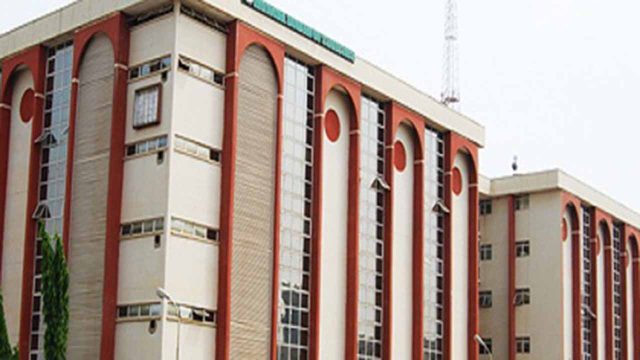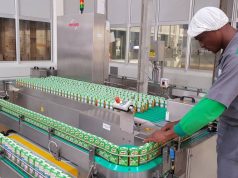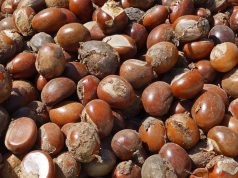Nigeria’s agricultural sector recorded a year-on-year growth of 0.07 per cent in real Gross Domestic Product (GDP) in the first quarter of 2025, a new report released Monday by the Nigeria Bureau of Statistics (NBS) showed.
This growth, the NBS said, signifies an increase of 1.85 percentage points compared to the same period in 2024, though it reflects a decline of 2.48 percentage points from the previous quarter, which experienced a growth rate of 2.54 per cent.
Additionally, the report indicates that the agricultural sector contracted by 34.70 per cent on a quarter-on-quarter basis. Despite this contraction, the sector contributed 23.33 per cent to the aggregate GDP in real terms for the first quarter of 2025.
The statistics office said this is lower than the contribution the sector recorded in last year’s first and fourth quarters, which stood at 24.04 per cent and 28.68 per cent respectively.
The modest increase observed in the sector’s contribution to GDP occurred in the context of a notable decline in the recently reported annual food inflation rate, which was primarily influenced by a change in the base year.
In its latest food inflation report, the NBS said the food inflation rate in June stood at 21.97 per cent on a year-on-year basis. This was 18.90 percentage points lower compared to the rate recorded in June last year (40.87 per cent).
Over the past two years of President Bola Tinubu’s tenure, Nigeria has witnessed a persistent surge in the prices of basic food items in the country, largely due to the removal of fuel subsidy upon assuming office in 2023.
This has had devastating effects on the state of food availability, affordability and accessibility across the country, with many farms and businesses forced to close shops.
Similarly, agricultural producers are scaling back output due to insecurity and unpredictable weather conditions in rural areas.
In response to the crisis, Mr Tinubu declared a state of emergency on food insecurity in July 2023, aiming to combat rising food costs with deliberate efforts to scale food production across the different regions in the country. However, despite this effort, food inflation continued to soar.
In Nigeria, four sub-activities make up the agricultural sector. These include Crop Production, Livestock, Forestry, and Fishing.
READ ALSO: Midterm Review: How Nigeria’s agriculture sector fared in two years of Tinubu’s leadership
“Crop production remained the major driver of the sector. This is evident as it accounts for 64.57% of the overall nominal value of the sector in the first quarter of 2025,” the report said.
It said the quarter-on-quarter growth of the agricultural sector stood at -38.17 per cent in the first quarter of 2025 and that agriculture contributed 19.40 per cent to nominal GDP in the first quarter of 2025.
“This figure was lower than the rate recorded in the first quarter of 2024 and lower than the fourth quarter of 2024, which recorded 20.86% and 28.25% respectively,” the report added.
Support PREMIUM TIMES’ journalism of integrity and credibility
At Premium Times, we firmly believe in the importance of high-quality journalism. Recognizing that not everyone can afford costly news subscriptions, we are dedicated to delivering meticulously researched, fact-checked news that remains freely accessible to all.
Whether you turn to Premium Times for daily updates, in-depth investigations into pressing national issues, or entertaining trending stories, we value your readership.
It’s essential to acknowledge that news production incurs expenses, and we take pride in never placing our stories behind a prohibitive paywall.
Would you consider supporting us with a modest contribution on a monthly basis to help maintain our commitment to free, accessible news?
TEXT AD: Call Willie – +2348098788999









